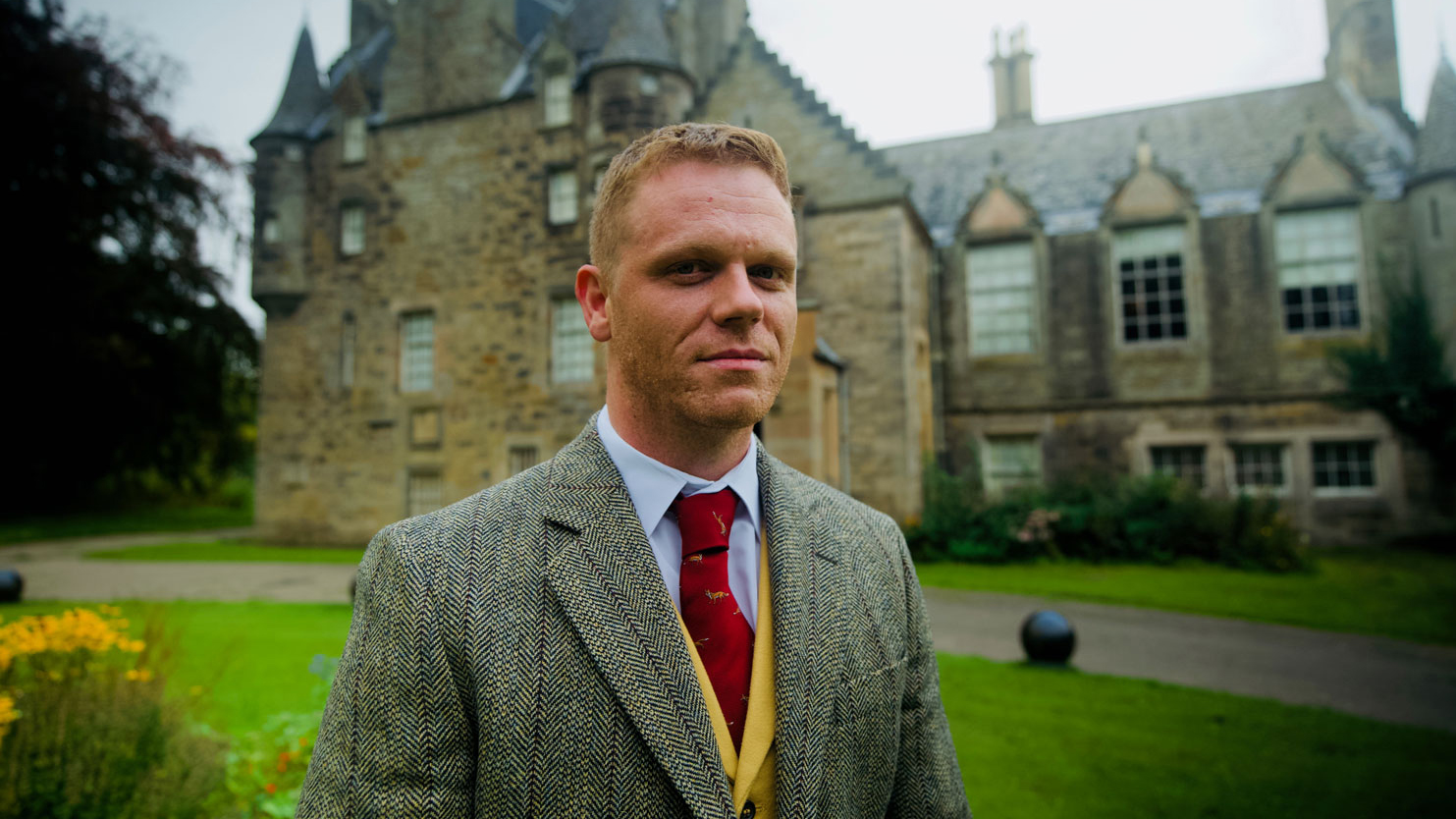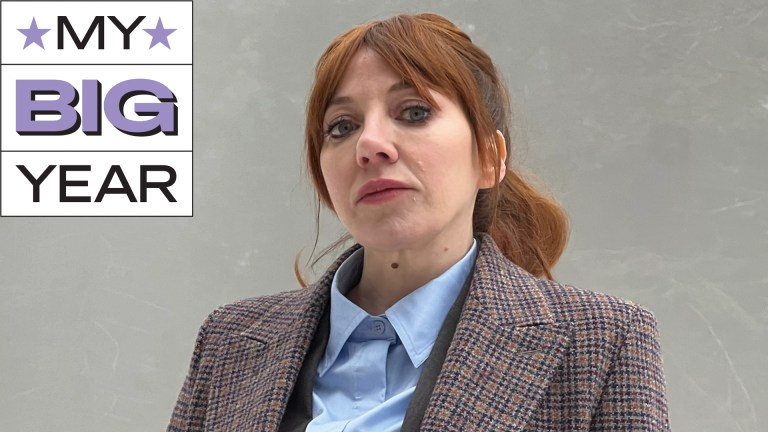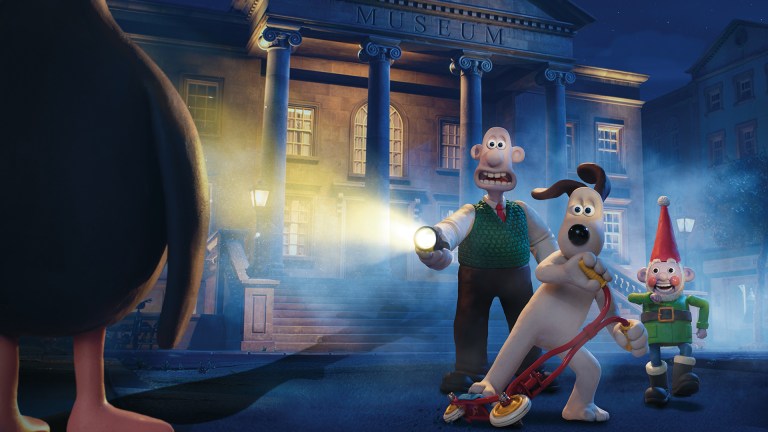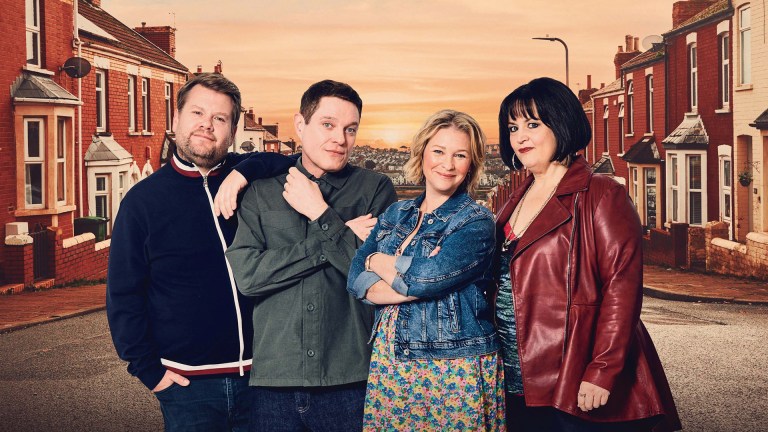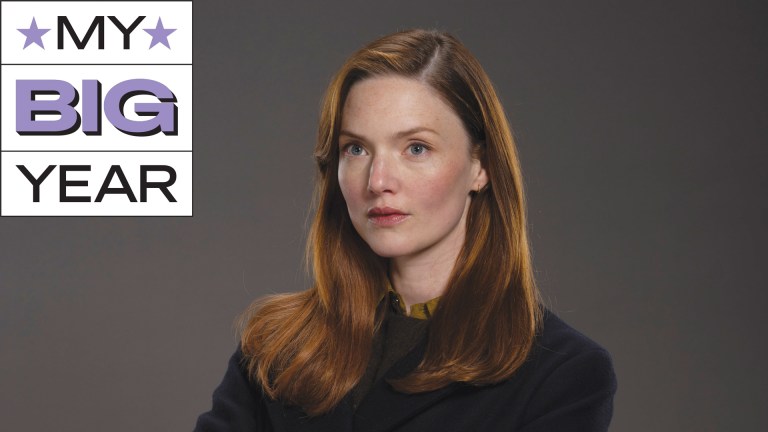What did I find? That poverty is not the problem, the problem is wealth. The problem is how a degree of privilege insulates you from certain realities. This is best evidenced by the political dysfunction across the western world, where the political classes seem unable to understand grievances further down the social ladder.
COVID is a political Rorschach Test isn’t it? You project onto it whatever you want to be the big lesson. But there’s a lot of evidence that class is the primary dividing line and this was seen early in the pandemic. A lot of people moved their work on to Zoom while others were getting sacked or taking jobs delivering the middle class people food and booze and sex toys and bread makers. Look at the data around infection rates and you see it’s correlated to poor quality housing, too many people squashed together and not enough open spaces.
The more people talk about class, the warmer they’re getting in terms of understanding the true dynamics of society. No matter how much they try to gentrify the language around class, evidence is all around us that the level of financial support to economically viable, politically lucrative, over-mortgaged sections of the population is astounding. Resources that weren’t there before, the magic money trees we were told didn’t exist – they all become available.
You have people still waiting weeks to get Universal Credit while others, like me, get sent between seven and eleven grand every few months because of the tax we pay. I’m not saying I send that money back on principle. But the point is that I seem to be trusted with the money. Nobody wants to know what I’m spending on and they send it in six days. It’s not the same if you’re applying for Universal Credit. It’s not the same if you’re applying for housing benefit. And it is not the same if you’re getting a food parcel for your kids.
People are being denied the dignity of food vouchers despite evidence that the best thing is to give people the money. Write off the few who might not spend it the way they’re supposed to as an investment in all the people who will. The disparity in the level and quality of support on offer between social classes is evidence that the people in charge are intuitive to the needs of people who earn a certain amount of money – because they understand that experience – but all the stuff around poverty is guesswork. And the damage done when they get those guesses wrong can be fatal.
Social distancing has been a problem in the UK for centuries
Marcus Rashford has played it beautifully. He comes from modest beginnings but by not politicising that, you gain support from centrist dads who want everyone to be cordial, even if you’ve literally been pushed into a cement mixer by Matt Hancock. What he is proposing is not radical but getting these kids fed is important. What’s unfortunate is that once that issue has been resolved, it fulfils a lot of people’s need for social change that day. They go, ‘Oh, Marcus Rashford is dealing with the food poverty. Cool, I’ll just get back to growing my fucking vegetables’. We can only deal with these issues through the lens of celebrity and that’s a bit pish if you ask me.
My take is that social mobility is dead. Saying it’s dead is rhetorical, but we had a golden age of social mobility in the mid 20th century which is often attributed to capitalism. But it was a combination of a free market with social reforms, insurances and protections that restrain the market and protect people. There has been a conscious effort to dismantle social insurances and we’ve seen social mobility flatline. It’s not a big surprise to me.
We are seeing a resurgence of the language of class. And it’s not coming from people like me or old Labour guys from the past, but young people for whom the language was extremely relevant and was the only real way to describe what they could see: class inequality. You had an education system that was using a computer programme to distribute and ascribe success and failure based on where people come from. If enough failure wasn’t ascribed to people from poorer backgrounds, this threatened the integrity of the education system.
People talk about meritocracy like it’s real and class like it’s just a concept, when the opposite is true. We have to understand why there was a drive to move beyond class politics. It’s dangerous to the status quo because class gives us the language to describe where power lies, how opportunity is distributed, and why some do better than others despite the same effort or intelligence. Phrases like meritocracy, which was coined by a satirist – even more ironic because that satirist is Toby Young’s dad and Toby Young is one of the most mediocre men in Britain – were fast-tracked for political expediency. Meritocracy provided people with a comforting story about why they’re doing ok when there’s increasing numbers of people begging in the street.
I would like to be part of a movement that brings class politics back into the mainstream. Because we don’t have a better concept to look at the problems in society than class. The reason the concept has endured as long as it has is not because of loony lefties, who have no influence in the media. It’s not because of Marx, who’s been dead for a long time. It’s because good concepts last and shit concepts don’t.
I wish I could ignore what I know about class. It’s a lot to carry around all the time and being the guy that everyone wants to talk to about class is exhausting. But I have begun to separate my personal hang ups about class from the material conditions you can measure. By telling myself there are things I don’t do because I’m from a certain background, I deny myself new experiences. When I tried polo, I wasn’t too into it. But I really enjoyed riding the horse so I put my son on a waiting list for a horse-riding school. He already goes to the climbing centre with his mum. I used to climb derelict buildings.
For me the theme that ties everything together is social distance – and not in the COVID sense. It is about the proximity to people from different backgrounds. The less proximity you have, the less you understand about them and the more damaging that can be in our society. Social distancing, in that sense, has been a problem in the UK for centuries.
Darren McGarvey’s Class Wars airs on BBC Scotland and is available on iPlayer from Feb 9
Image: Tern TV
